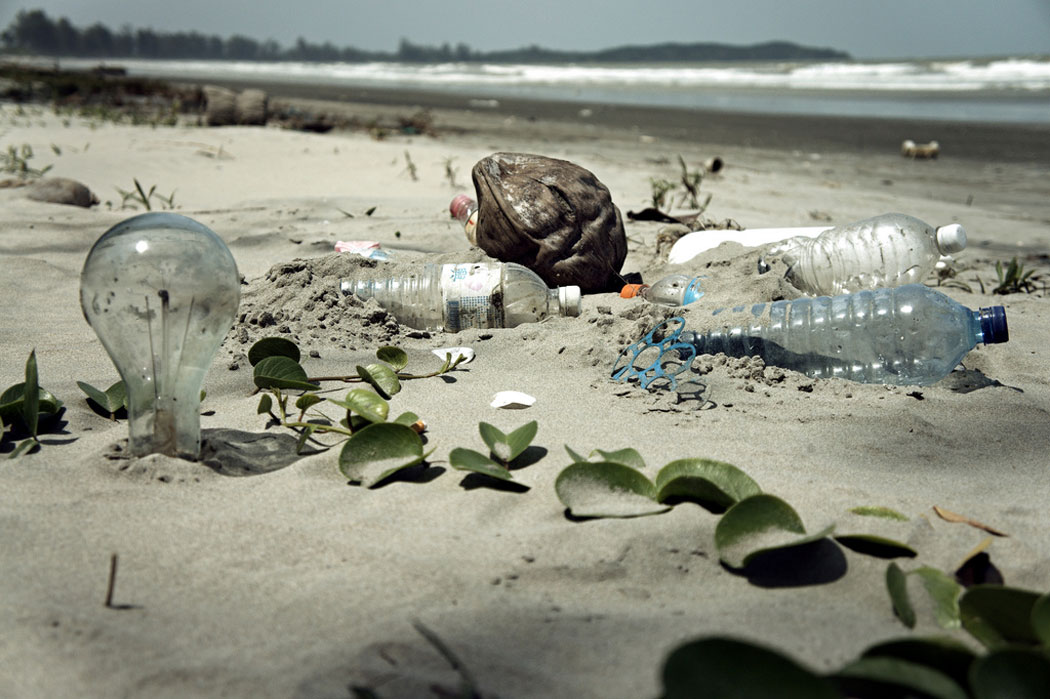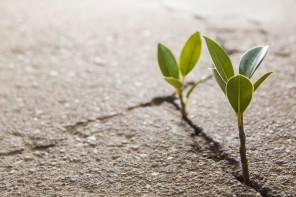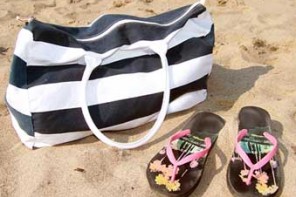We’re constantly being warned about the tons of plastic that are littering the surface of our world’s oceans – but now a recent study shows that they are disappearing.
An ecologist called Andrés Cózar from the University of Cadiz in Spain, along with his team, has been analysing the scope of the ocean garbage problem for the last few years. Back in 2010, the team embarked on an adventure where they travelled around the world in a ship named the Malaspina to collect samples of surface water and measure the concentrations of plastic in it. They have also studied data accumulated from other expeditions, with the result that they monitored over 3,000 samples.
The Mysterious Discovery
Published in the Proceedings of the National Academy of Sciences journal, what the researchers discovered was very odd. Since the 1970s, plastic production has increased, which would mean that there should be millions of tons of it in the world’s oceans. Alarmingly, the number of plastic the researchers discovered was only in the range of between 7,000 and 35,000 tons.
Possible Theories
There are some ideas as to where this plastic has been going. One is that the garbage is moving down to deeper ocean levels. The one good thing about this theory is that the plastic won’t pose a danger to marine life on the surface of the sea where many marine organisms can be in contact with it. A second theory is that the plastic is breaking down into smaller pieces. If you find yourself thinking that it could actually be a positive thing that the plastic is shrinking in size, this is a dangerous assumption. The pieces of small plastic could be so minute that they are not easily detected, but they could be posing negative consequences for sea life. Called microplastic, this almost invisible plastic can be consumed by small fish, which means it further fragments. Then, the small pieces can make their way into the food chain, which can cause toxins to be exposed to marine animals, possibly harming their health as well as ours if we are consuming seafood.











